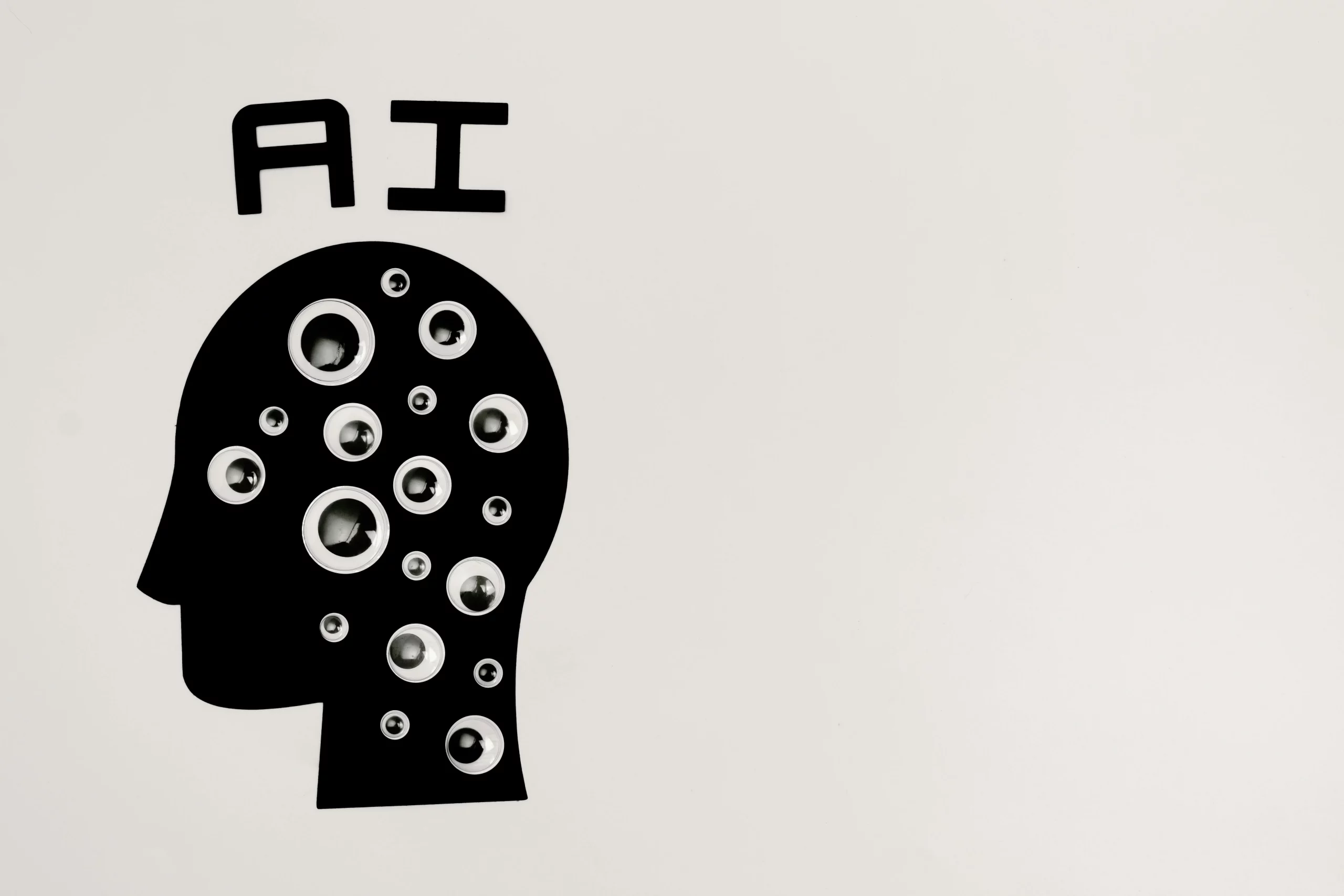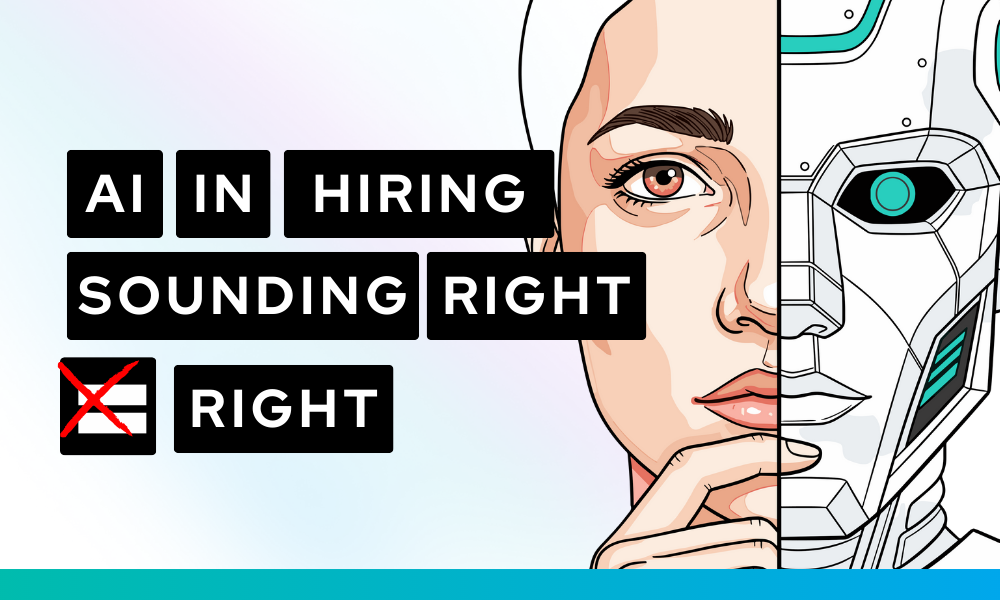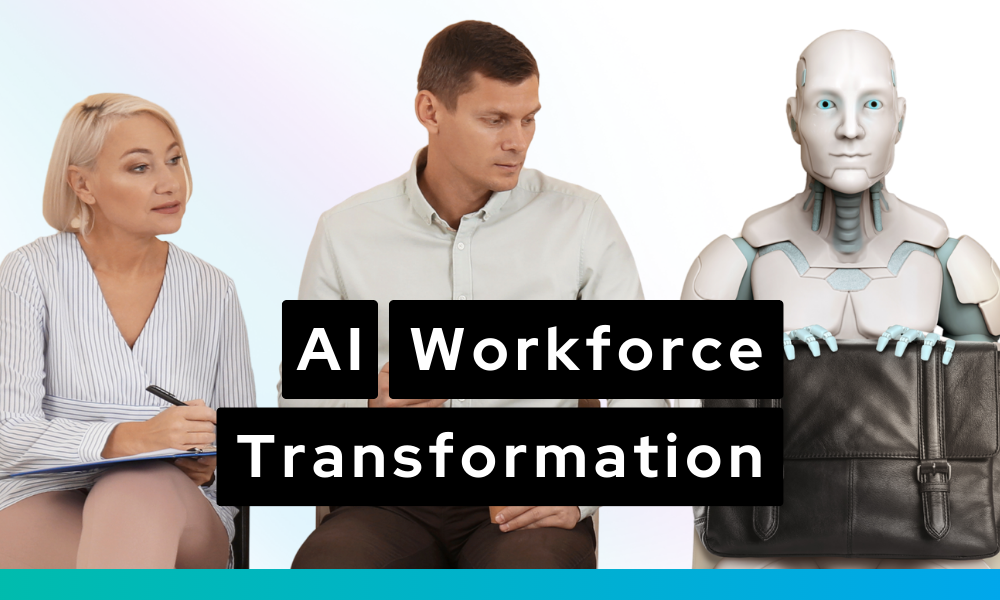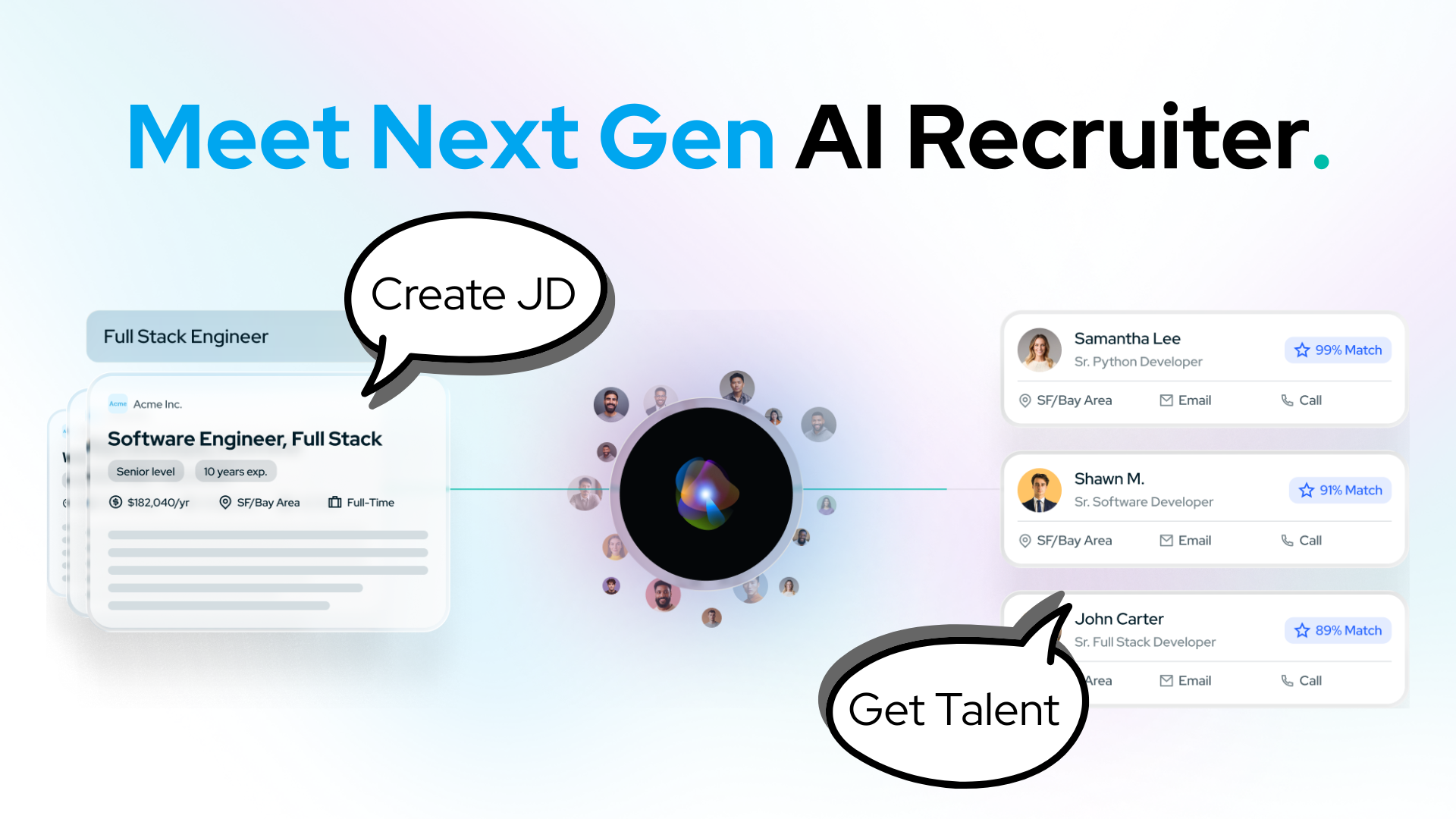
Make talent quality your leading analytic with skills-based hiring solution.

If you’re serious about ethical hiring, make your recruitment process fairer. This is harder than it seems, though. Because we’re human, our hidden biases can creep in to make assessments and interviews less objective than we hope.
Consider it: Studies exploring interview bias have repeatedly shown that male and female interviewers favor male candidates even when women have equal qualifications. And no— this bias isn’t limited to gender. Race, age, and physical ability can also affect hiring decisions.
But things are changing. AI-powered recruitment technology is getting better and better at removing hiring bias.
Are you already well aware of interview bias? Why does it still happen? The simple answer is this: Because it’s human nature.
Our brains are naturally wired to quickly make sense of the world using shortcuts, which creates unconscious biases. This was once helpful for survival in prehistoric times when we needed to identify predators swiftly. But nowadays, it’s a hindrance that leads us to form hasty opinions and oversimplify people and situations.
And then there’s the halo effect in interviews—the tendency to assume that someone who looks attractive is also intelligent, kind, and/or friendly. We automatically assume that certain people have positive traits even when we have no factual basis aside from their appearance.
By focusing on skills and qualifications instead of subjective factors that inevitably cloud human judgment, AI recruitment technology promises to eliminate interview bias (and bias in the hiring process overall). But does it work? In the next section, we look at how this technology makes recruitment much fairer.
One of the best-automated recruiting tools available today is the AI-administered one-way interview. This technology allows candidates to answer pre-recorded questions on their own time using their smartphone, tablet, laptop, or desktop computer.
One-way interviews are faster and more convenient for the interviewer and the candidate. Recruiters can invite a larger pool and review responses at their own pace, while interviewees can prepare and record their reactions as their schedule allows.
More than that, this tool can make the hiring process fairer. Here’s why one-way interviews reduce interview bias and why you should consider using this artificial intelligence tool in recruitment:
This automated recruiting tool standardizes the interview process in a way that traditional face-to-face interviews can’t. The same set of questions is presented to all candidates, eliminating bias that might arise from an interviewer’s personal preferences immediately.
Traditional interviews are flawed because they allow psychological factors to create biases, disadvantaging candidates based on superficial attributes or preconceived notions. Understanding these recruitment and interview biases is the first step to improving your hiring practices and successfully integrating artificial intelligence in talent acquisition.
1. Psychological Factors Influencing Bias in Traditional Interviews
Common psychological biases that plague recruitment include:
2. Sociocultural Biases Impacting Hiring Decisions
Aside from individual biases, broader sociocultural factors also tend to affect hiring decisions. These include:
3. Exploring Traditional Recruitment Methods and Their Limitations
Conventional recruitment methods also have inherent limitations that may perpetuate bias in the hiring process:
4. Introduction to AI in Recruitment: Enhancing Efficiency And Fairness
Artificial intelligence in recruitment can help remove interview bias and make the hiring process more equitable overall.
AI can be programmed to analyze resumes objectively without being influenced by irrelevant factors like names or universities attended.
To eliminate interview bias, you can use AI-administered one-way interviews. They are standardized and fair, ensuring all candidates are evaluated based on the same criteria.
5. Understanding AI Bias Detection Algorithms
AI systems use fairness algorithms to adjust and improve decision-making processes, ensuring that your recruitment team does not unfairly favor or disfavor any group based on protected characteristics like gender, race, or age.
These algorithms can be adjusted by reweighting training examples to promote equal opportunities for all groups. For instance, if the data is biased (such as having more data for a specific demographic), reweighting assigns different importance to each data point so that all groups are represented relatively within the model.
Glider AI can help you reduce interview bias with automated recruiting tools. Schedule a demo to see how it works.

AI can sound responsible while getting the logic wrong. Most conversations about AI in hiring fixate on bias, hallucinations, or compliance. That is where lawsuits land and where headlines cluster. Those risks are real. They are also incomplete. Often, the quieter the problem, the more dangerous it becomes. Many AI systems are better at sounding […]

TL;DR AI is no longer something people use. It’s doing the work. And Gen Z notices this first because they sit closest to the tasks AI replaces most quickly. That concern is not resistance. It is pattern recognition. AI Workforce transformation is happening. Fast! HR does not own AI. But when AI decisions are made […]

For decades, recruitment has looked the same. Recruiters still spend hours sourcing candidates, scheduling interviews, conducting screenings, and managing endless administrative work. The process is slow, inconsistent, and no longer sustainable in a highly competitive talent market. This is exactly the problem AI Recruiter was built to solve. What if hiring could run itself? The […]